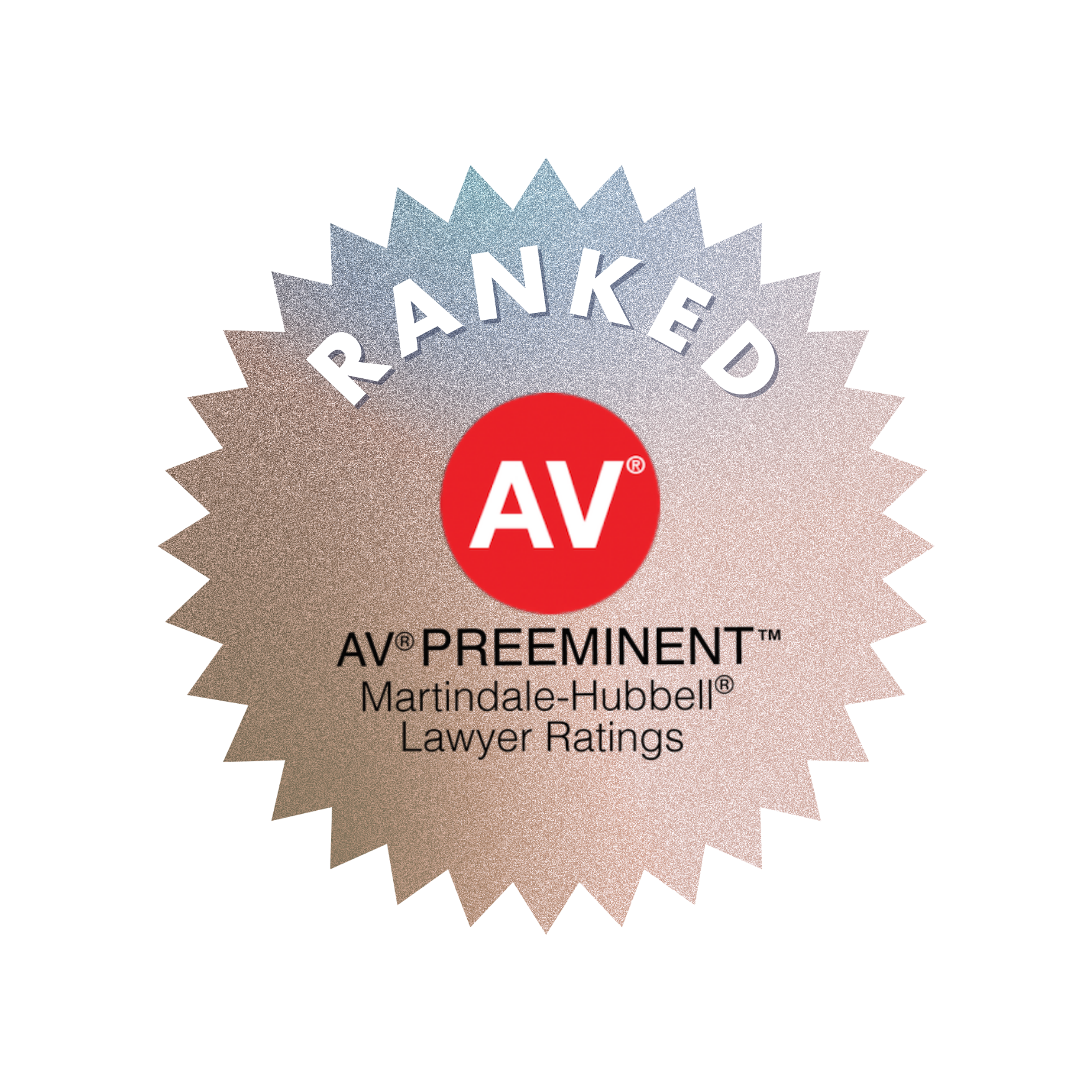
Since 1946, Sutin, Thayer & Browne has represented sophisticated business clients who require a full range of legal services.
Our practice includes a wide range of public and private financing, general corporate law, commercial and tax matters, business acquisitions and sales, family law, mediation, securities, administrative law, real estate transactions and litigation, civil matters, creditor rights, legislative advocacy, trademark law, construction law, labor law, health law, municipal law, franchise matters, and regulatory and compliance matters. We appear in trials and appeals in state and federal courts. We represent an array of financial institutions, retailers, privately and publicly held corporations, educational institutions, nonprofit organizations, utilities, hospitals, insurers, individuals, and government entities.

































